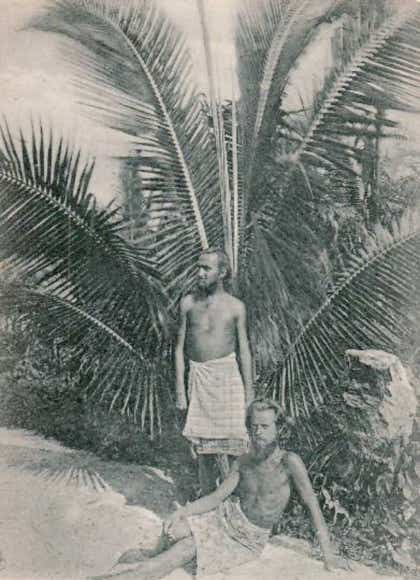
Home
Professor Frank heads the Department of Food Biofunctionality at the Institute of Nutritional Sciences of the University of Hohenheim. He is the dean of the Faculty of Natural Sciences and the chairman of the governance board of the Research Center for Health Sciences at the University of Hohenheim. He is the founding president of the Society of Nutrition and Food Science e.V., Editor-in-chief of NFS Journal, Associate Editor of Nutrition, and editorial board member of the Journal of Nutritional Biochemistry, PharmaNutrition, BioFactors, and Plant Foods for Human Nutrition.
His research interests lie in factors that determine the absorption, metabolism, and elimination of the different vitamin E congeners and phytochemicals (such as curcuminoids and flavonoids) and in developing novel strategies to overcome the low intrinsic oral bioavailability of phytochemicals, as well as in understanding the biological activities of these potentially health-beneficial bioactives.
Congratulations Dr. Damaris Beitze!
Damaris studied mother-infant pairs in the Democratic Republic of Congo and the factors determining their dietary diversity and nutritional status. She successfully defended her Ph. D. thesis July 25 at the University of Hohenheim and impressed the audience with an excellent presentation and the examination board with her profound knowledge of the subject. Damaris has been a valued member of our group and will be dearly missed. We wish Damaris all the best and plenty of luck for her academic career and personal life!
Congratulations Dr. Semaw Ferede Abera!
Semaw investigated factors that determine the risk for death from non-communicable diseases in a rural region of Ethiopia and their association with nutritional status. His research was supervised by PD Dr. Veronika Scheerbaum (next to him on the photo). He successfully defended his dissertation on April 15, 2024 and impressed the examination committee with his profound and in-depth knowledge. We wish him all the best for his personal and professional future and his next research project in Greifswald!
Congratulations Dr. Laila Eleraky!
Laila studied the food and nutrient intake and their relationship with anthropometric measures in farmers in Tanzania and Mozambique. In the course of her project, she assessed and validated novel markers for obesity and underweight and novel tools to quantify nutrient intake that will help researchers generate reliable data more easily. Laila presented her exciting findings March 13, 2024 during the successful defense of her Ph. D. project. Congratulations Laila and good luck for the next exciting steps in your personal and professional life!
Go nuts!
Dr. Frank was consulted as a nutrition expert by the makers of „Darwin gefällt das“, a German podcast telling stories about the „epic fails of human history“. In the episode „Coco Nuts“, Anna Bühler tells her co-host Christian Alt the story of August Engelhardt, a nudist and vegetarian who founded a coconut-cult on the Pacific island Kabakon in 1902. Engelhardt promoted the idea that eating only coconuts would lead to a divine state of immortality. If you want to find out if following a diet exclusively based on coconuts is a good idea, you can listen to the podcast here.
Recent highlighted publications
Revising the nomenclature for vitamin E requires agreement on its vitamin function
Free Radic Biol Med 225: 77-78, IF 7.4
Cytoprotective effects of iridoids from Gaultheria spp. berries in gastric and intestinal epithelial cells after in vitro digestion
Food Bioscience 57: 103587, IF 5.2
Dietary intake of fructooligosaccharides protects against metabolic derangements evoked by chronic exposure to fructose or galactose in rats
Mol Nutr Food Res 68: 2300476, IF 6.6
Acrylamide increases and furanoic compounds decrease in plant-based meat alternatives during pan-frying
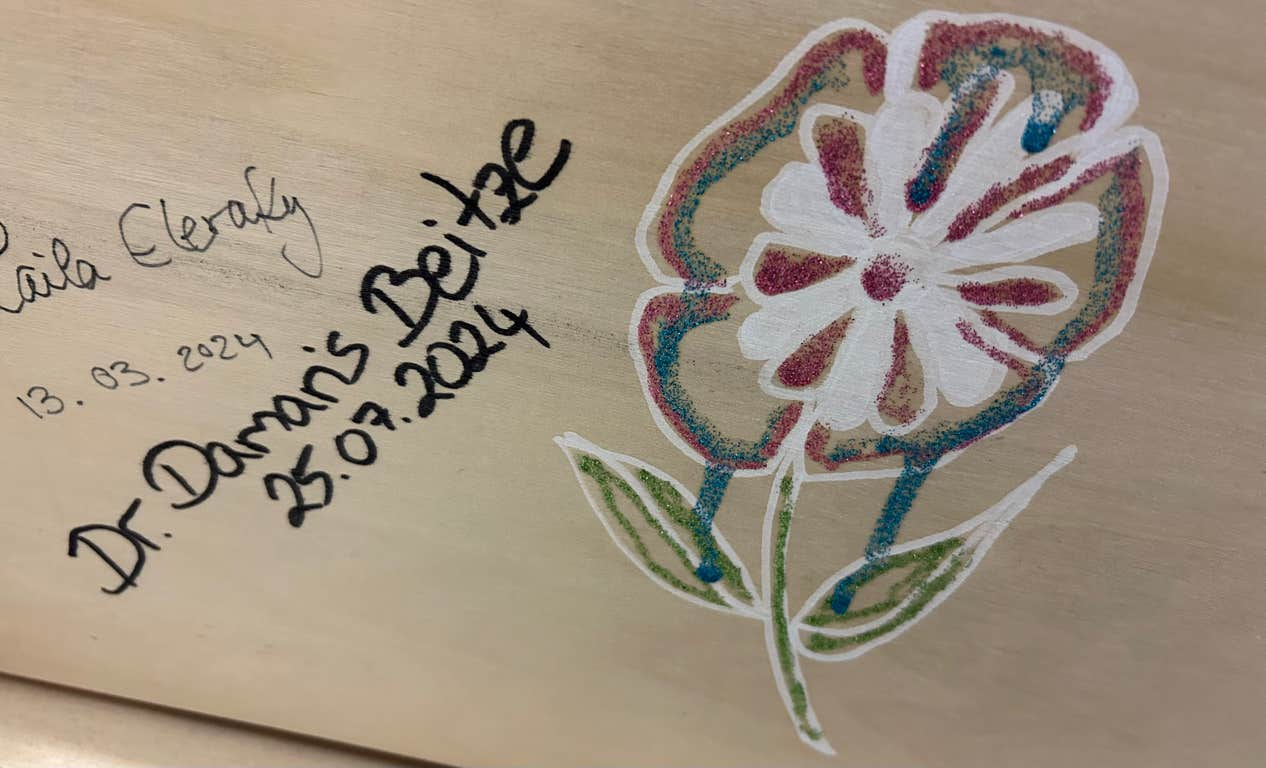
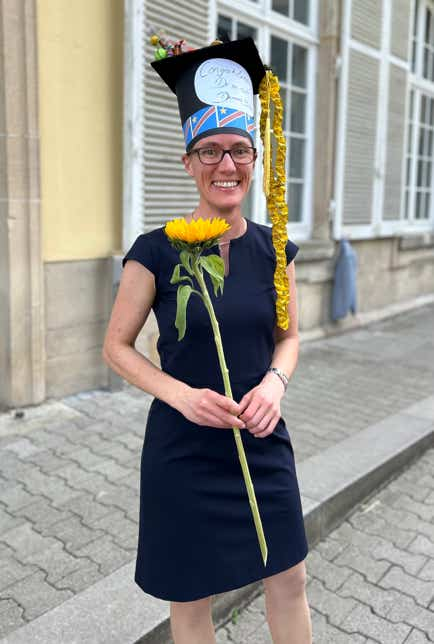

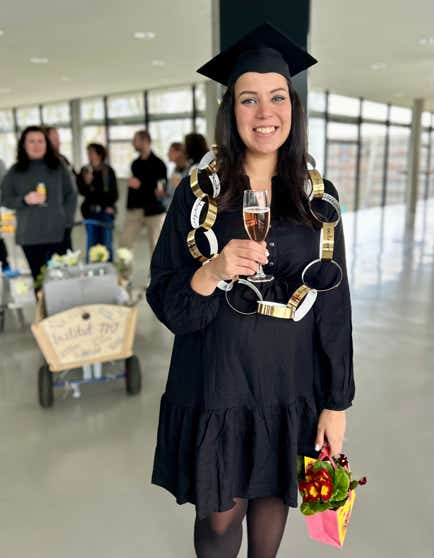
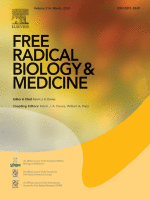
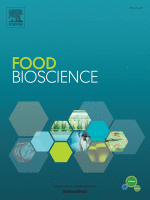
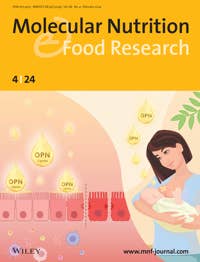
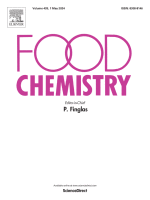
Home | Staff | Publications | Laboratory |Grants| Curcumin| For students | Jobs | Contact | Privacy Policy

